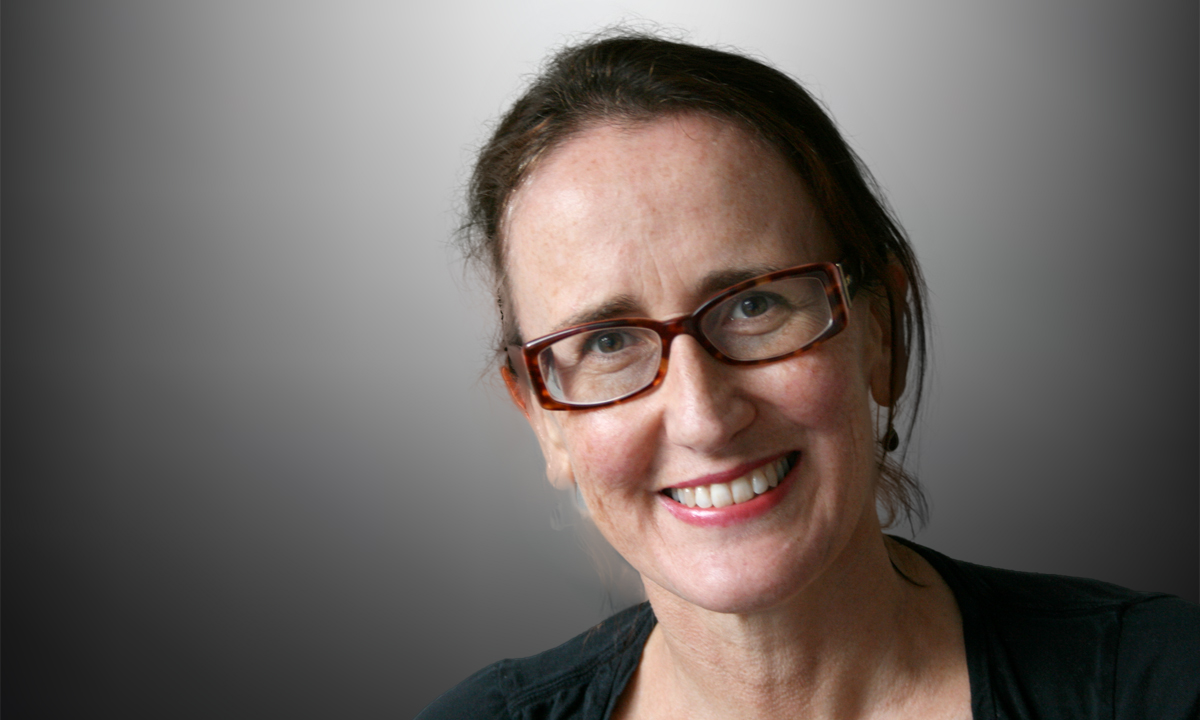RECENTLY, I wrote about what seems to be a growing lack of respect for evidence among politicians and others with vested interests in pushing a particular agenda.
For the sake of balance, though, I thought I’d end the year by celebrating some of the rare triumphs for evidence-based thinking brought to us by 2016.
Let’s call them the Truthy Awards.
The Gold Truthy award goes to the United States Federal Trade Commission (FTC) for its determination that homeopathic products were not exempt from the (kind of obvious) legal requirement that products have to do what the ads say they’re going to do.
You can’t pretend something’s a kettle if it doesn’t boil water.
Somehow, manufacturers of homeopathic remedies have been able to claim that their products treat everything from chronic obstructive pulmonary disorder to infant diarrhoea without a skerrick of meaningful evidence.
In the US, at least, that may be about to change.
Companies making health, safety or efficacy claims need “competent and reliable scientific evidence”, which generally means well designed clinical testing in humans, the FTC says.
“For most over-the-counter homeopathic drugs, the case for efficacy is based solely on traditional homeopathic theories, and not on studies applying current scientific methods. So, claims that they have a therapeutic effect lack the reasonable basis required by FTC law, and therefore are likely misleading.”
Companies may be able to remain within the law if their advertising material clearly states that: “there is no scientific evidence that the product works, and the product’s claims are based only on theories of homeopathy from the 1700s that are not accepted by most medical experts”.
The Silver Truthy goes to our very own Australian Competition and Consumer Commission (ACCC) for its ongoing efforts to call Nurofen manufacturer Reckitt Benckiser to account over its so-called “specific pain range”.
Nurofen products promising targeted relief for back pain, period pain and headache were removed from supermarket shelves earlier this year, following a ruling by the Federal Court, which later fined the company for misleading advertising.
All the “specific pain” products contained the same active ingredient as standard Nurofen, but were sold at nearly twice the price, the ACCC had argued.
None of them had the advertised capacity to target a specific area of the body or type of pain.
“Truth in advertising and consumer issues in the health and medical sectors are priority areas for the ACCC,” chairman Rod Sims said, in a statement you might hope drove fear into the hearts of shonks everywhere.
While we’re on the subject of exploitative pricing, the Bronze Truthy goes to a group of Sydney schoolboys who shone new light on the commercial activities of US pharmaceutical executive and self-described “robber baron” Martin Shkreli.
Shkreli provoked widespread outrage when his pharmaceutical start-up acquired the distribution rights to toxoplasmosis medication daraprim in 2015 and promptly upped the price by more than 5000%, from US$13.50 to US$750 a dose.
The drug was developed in the 1940s but, despite being long out of patent, has no competitors. According to Vanity Fair, the lack of competition is largely due to the complex rules governing drug sales in the US.
That didn’t stop the Australian schoolboys, who managed to make the drug at a cost of just $2 per dose, exposing Shkreli to widespread ridicule.
And, finally, Truthy honourable mentions go to all the hard-working scientists recognised in this year’s Ig Nobel Awards, for research ranging from the perceived personalities of different kinds of rocks to the effect of polyester trousers on the sex life of rats.
My personal favourites are the German winners of the medicine prize for their discovery that an itch on one side of your body can be relieved by looking in a mirror while you scratch the opposite side.
May your holiday season be happy, safe and mozzie-free. But, if not, you could always grab a mirror …
Jane McCredie is a Sydney-based science and health writer, editor and publisher.
Latest news from doctorportal:
- Saliva test could predict lung disease
- Obesity gap widens between country, city
- Could a cannabis pill reduce chemotherapy-induced nausea and vomiting? Here’s how we find out
- Health Department admits truth on bulk billing

 more_vert
more_vert
“You can’t pretend something’s a kettle if it doesn’t boil water.”
Indeed.
And consumer law should ensure that you can’t label something “Nat Mur” if there’s no evidence of either sodium or chloride at the stated concentrations.
The PACE trial deserves a Truthy, after years of claiming that cognitive behavioural therapy and graded exercise therapy were effective for chronic fatigue syndrome, an Australian patient’s FOI request found it had no statistical benefit at all over standard medical care!
https://meaustralia.net/2016/11/29/alem-matthees-how-an-australians-foi-request-busted-open-a-uk-science-scandal/